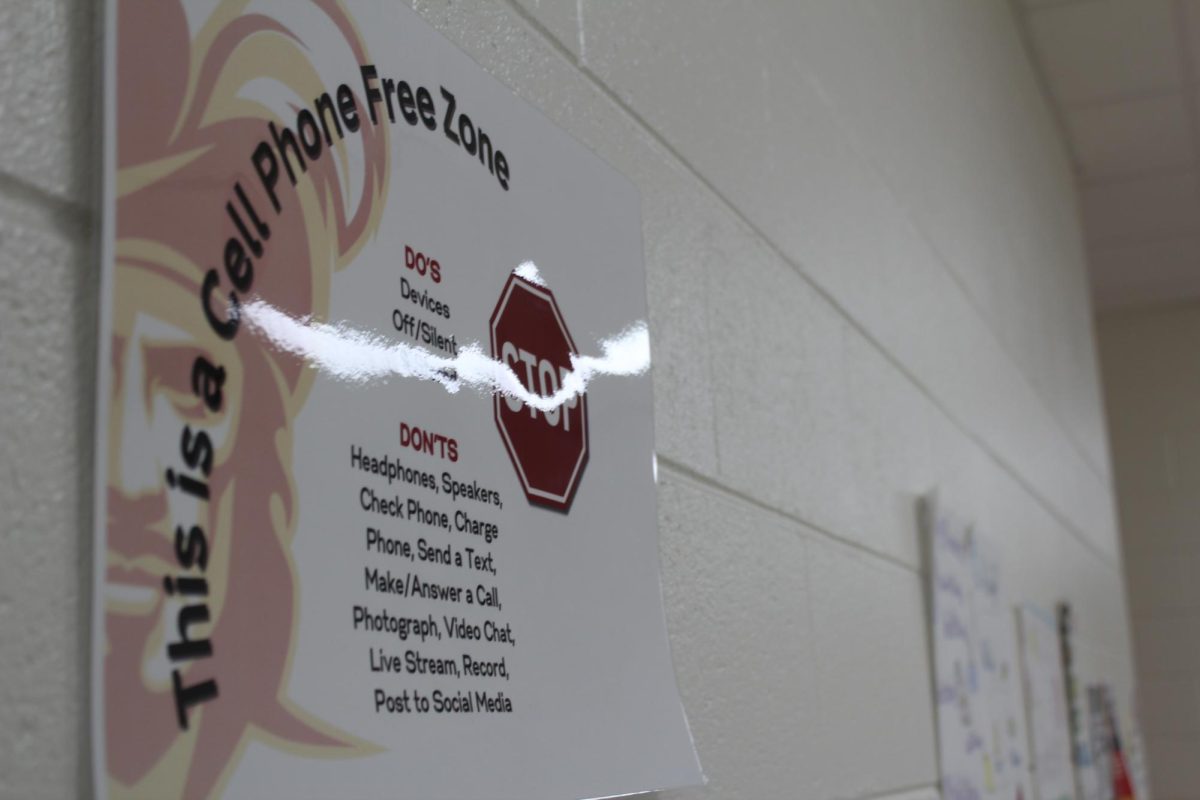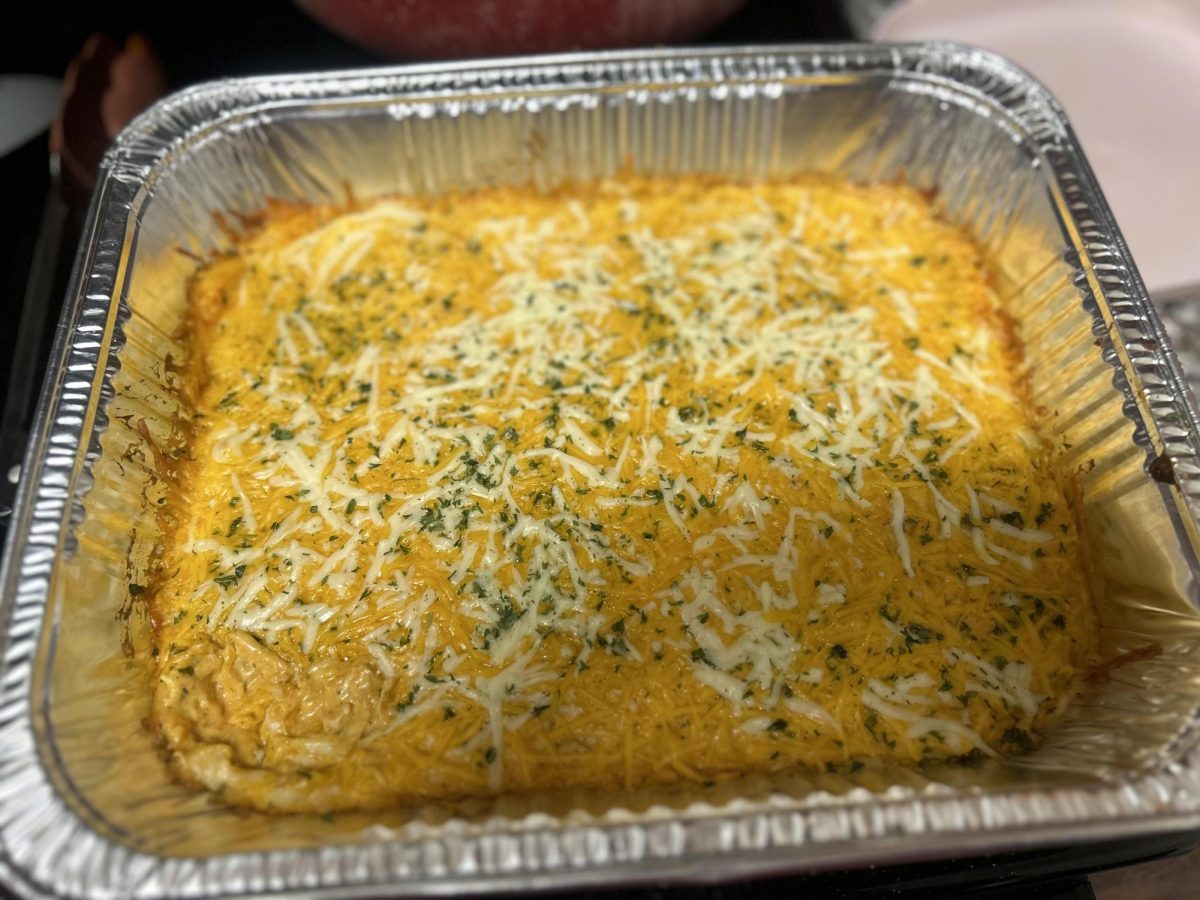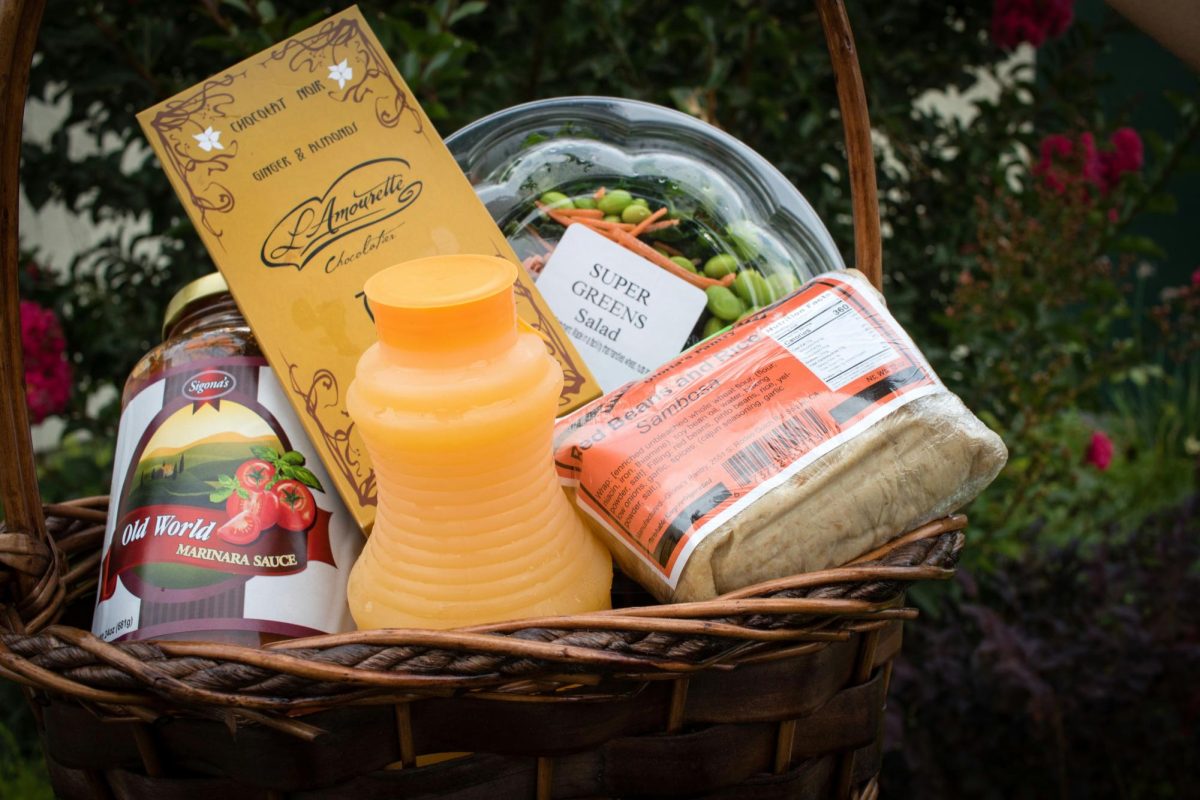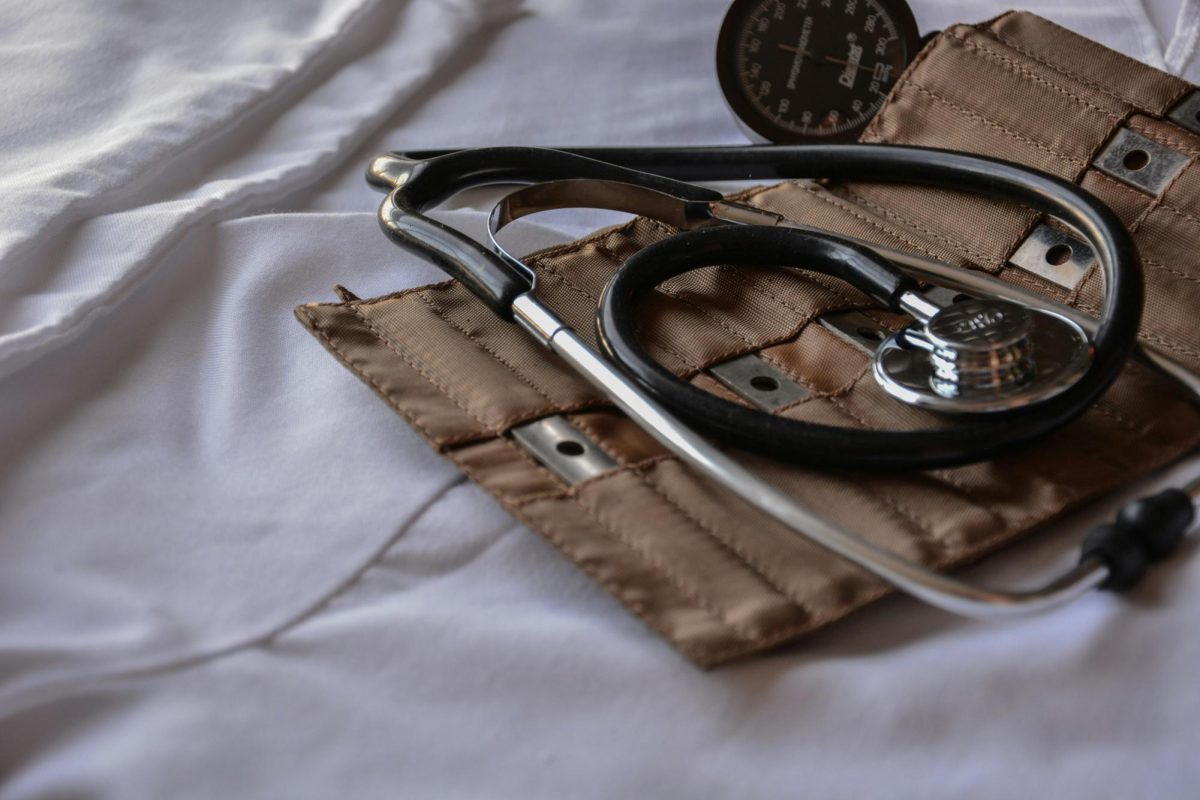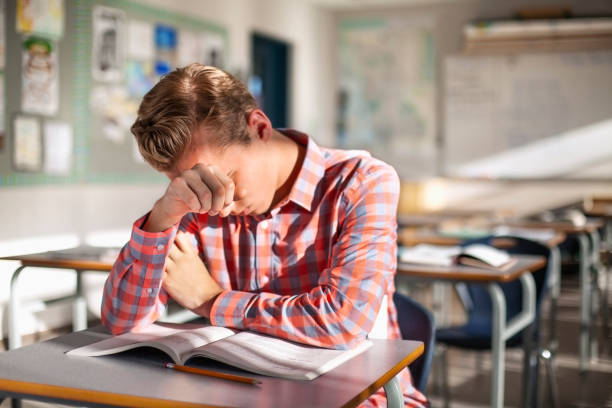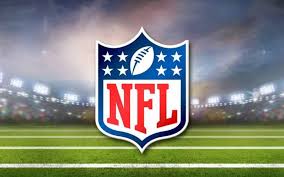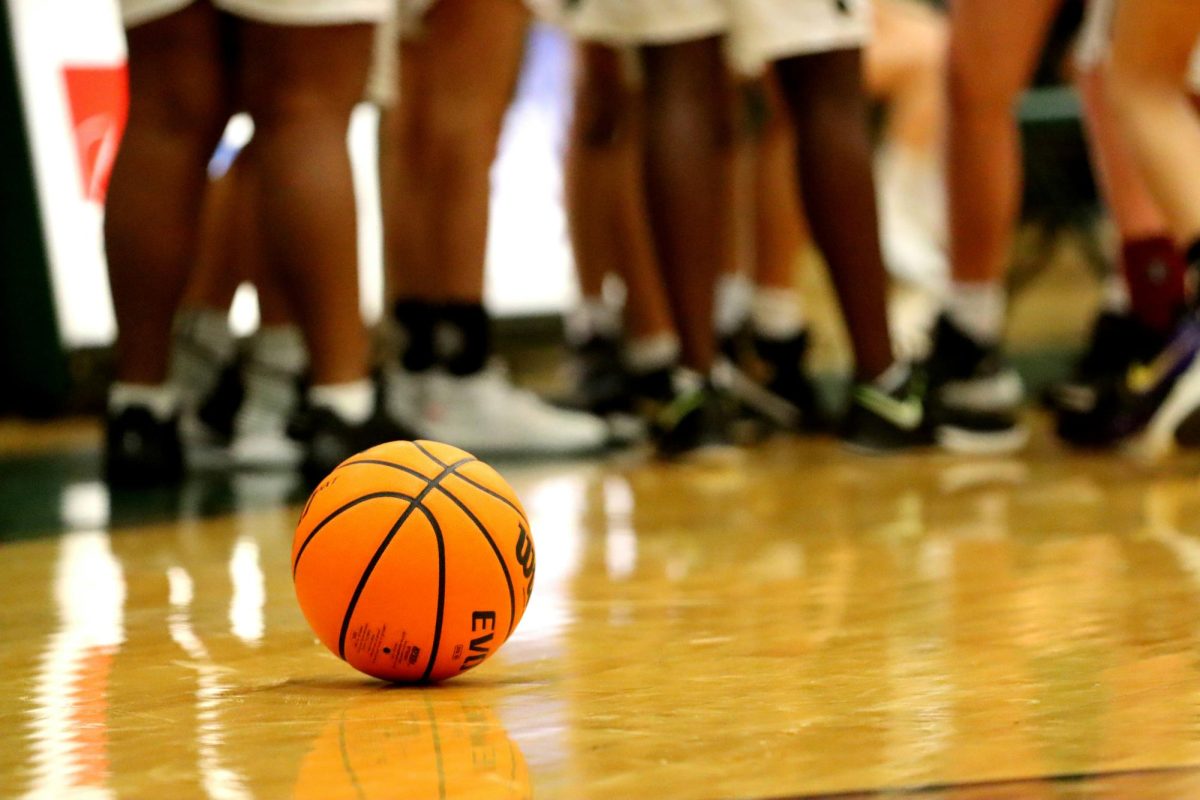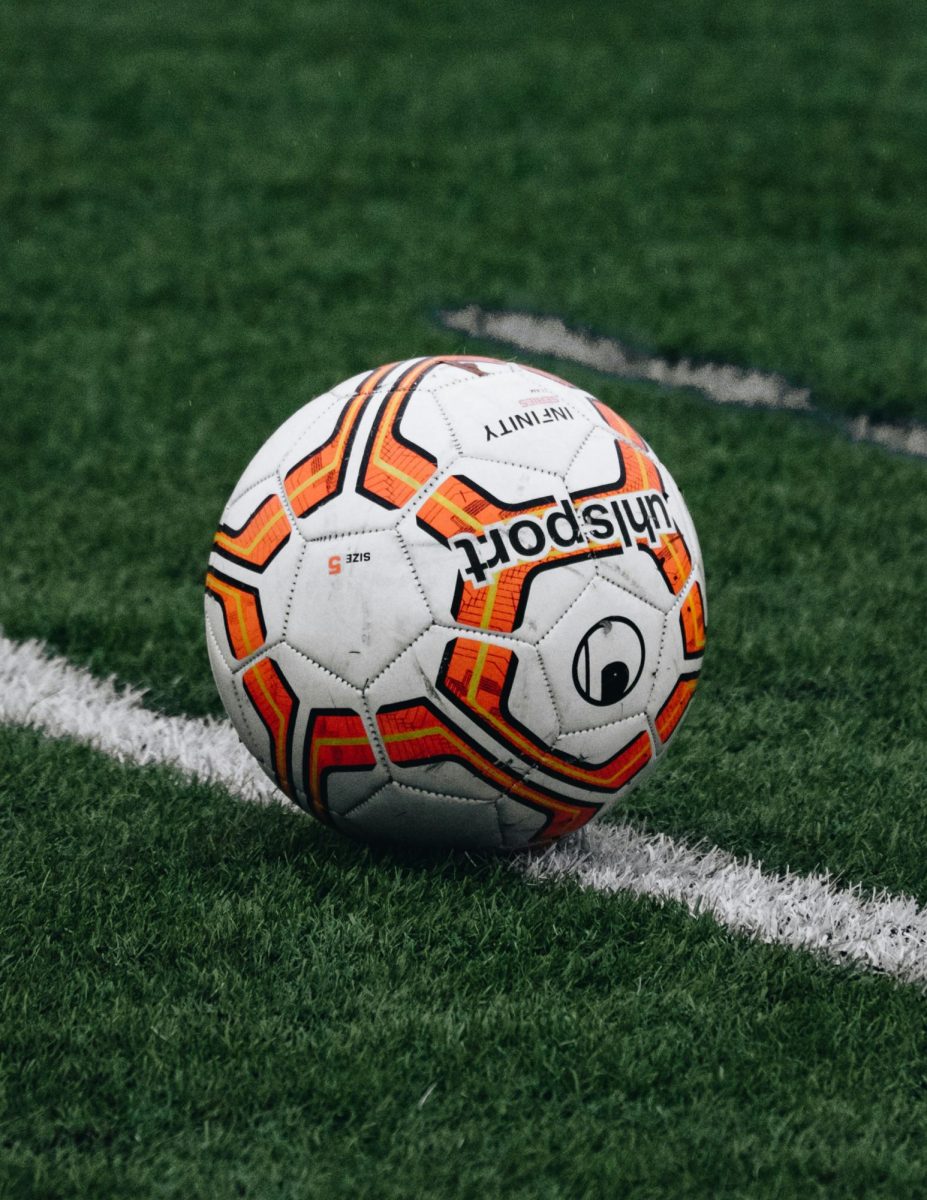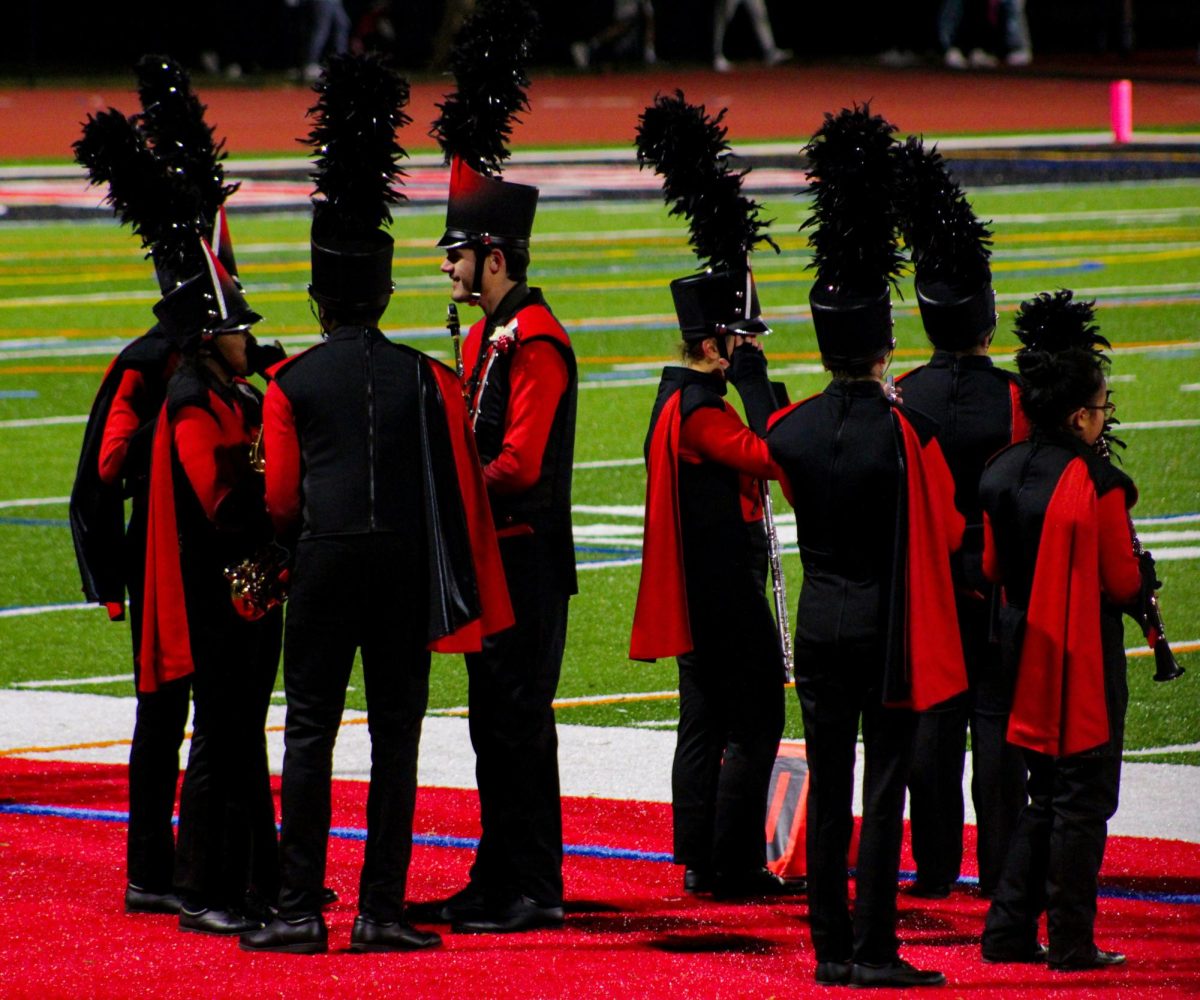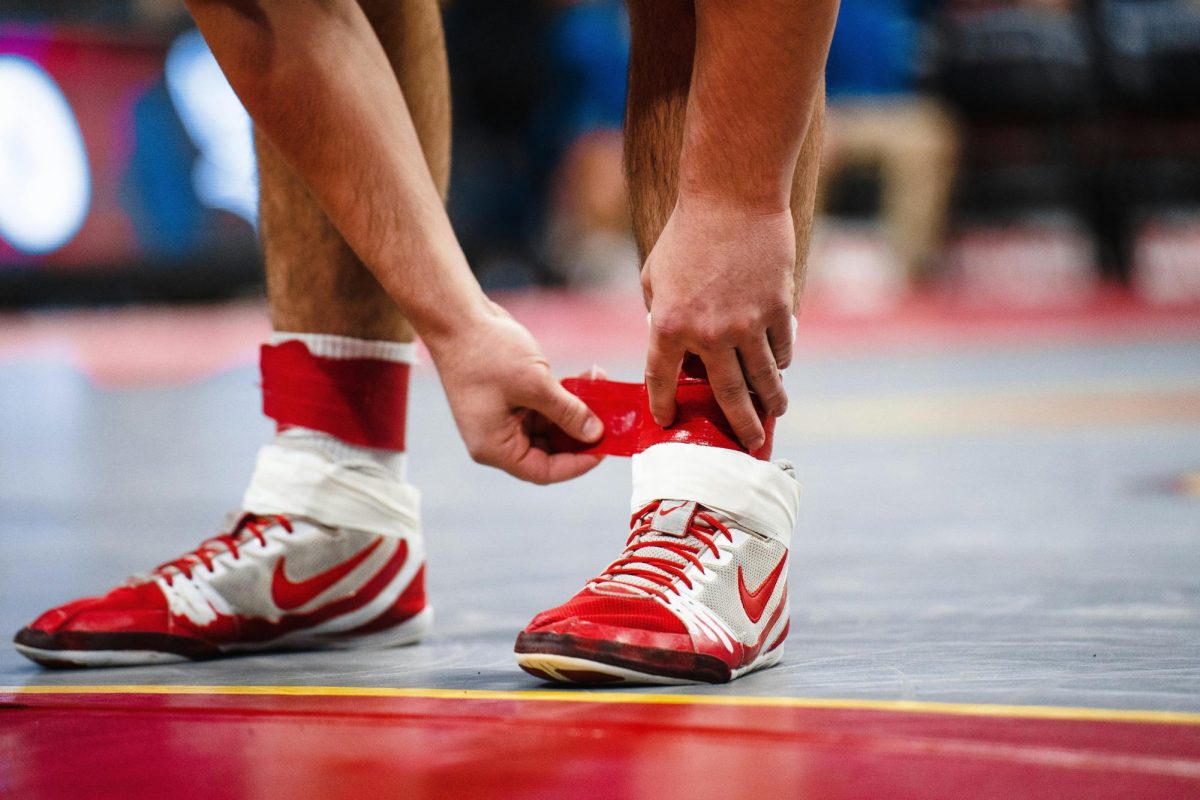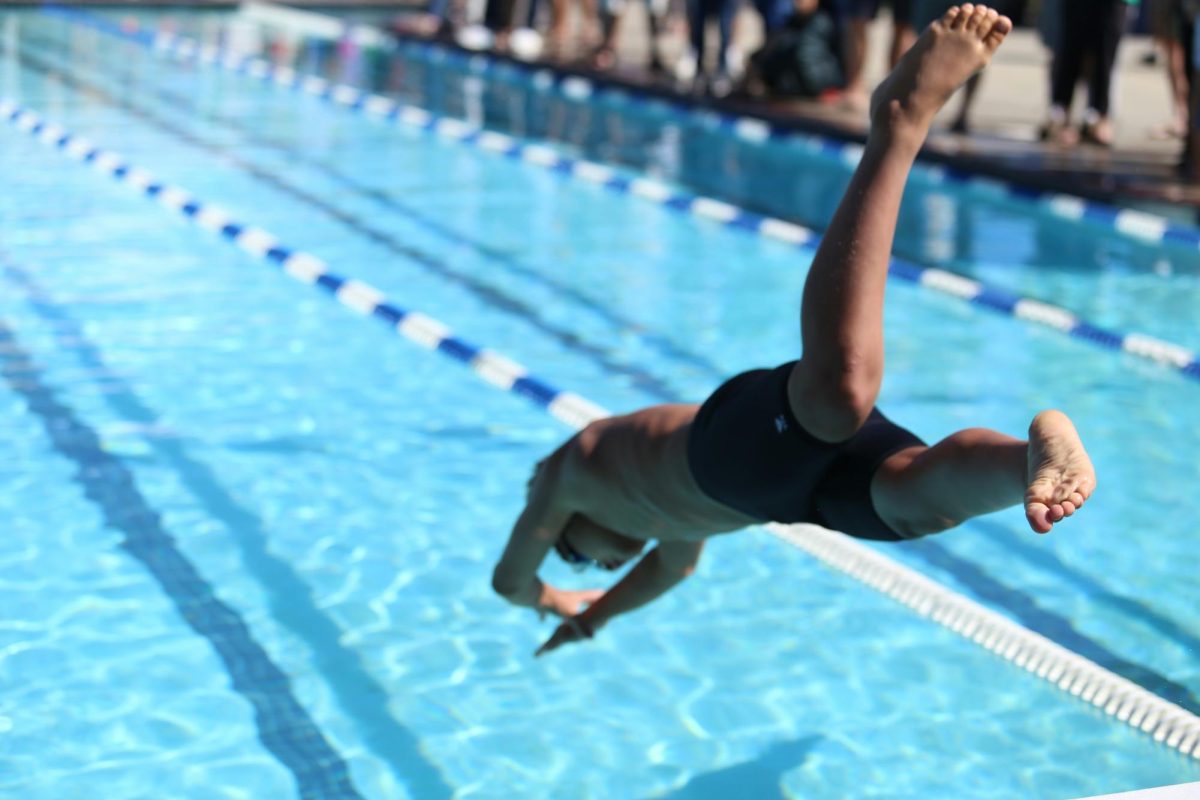The Gloucester Dukes wrestling team is preparing for their season.
The wrestling team practice runs from 3 p.m. through 5 p.m. every Monday through Thursday. They hold their practices in the wrestling room, focusing on three days of weightlifting, four days of mat training, and, when wrestling season starts, they train for five days for extra conditioning due to the cold weather.
During the pre-season, GHS wrestling coach Kyle Bell makes sure all of his athletes partake in a balanced training regiment.
Before the season starts, Bell said he has his athletes participate in “endurance training, strength training, we also cover techniques of the sport.”
While it is important for the wrestlers to train at practice, much of their hard work comes from the things they must do outside of practice.
One of the things these athletes must do is maintain their weight class. In high school wrestling, a weight class is what separates different competitors from facing off against each other. In order to ensure a balanced match between a pair of athletes, wrestlers compete in competitions based on their actual weight. There is a 14 weight class standard, but adjustments to this have been made.
In order for athletes to maintain their weight class, they must train at practice and eat proper nutritious foods.
Coach Bell encourages all of his athletes to maintain healthy diets.
“I recommend a dash diet,” said Bell. “A hard and healthy diet, really, just a balanced diet with lots of water involved as well.”
Dash diets consist of vegetables, fruits, whole grains, fat-free or low fat dairy, fish, poultry, beans, nuts, seeds, and vegetable oils. Once someone takes on a on a dash diet they are supposed to avoid fatty meats, full-fat dairy, sugar sweetened beverages, sweets, and sodium intake.
Basically, students should take on a healthy diet that would avoid any impact to their ability to train and practice.
It is not just keeping up with their physical activity and diets that wrestlers have to do, but they also must keep up their mental activity. In other words, student athletes must keep up their grades.
Like every sport at GHS, a student athlete “must have at least a 2.0 grade point average (GPA) from the previous semester or have a 2.0 overall GPA.”
Maintaining grades is important for any athlete, as it can jeopardize their opportunity to keep playing if they fall below the 2.0 cut off.





